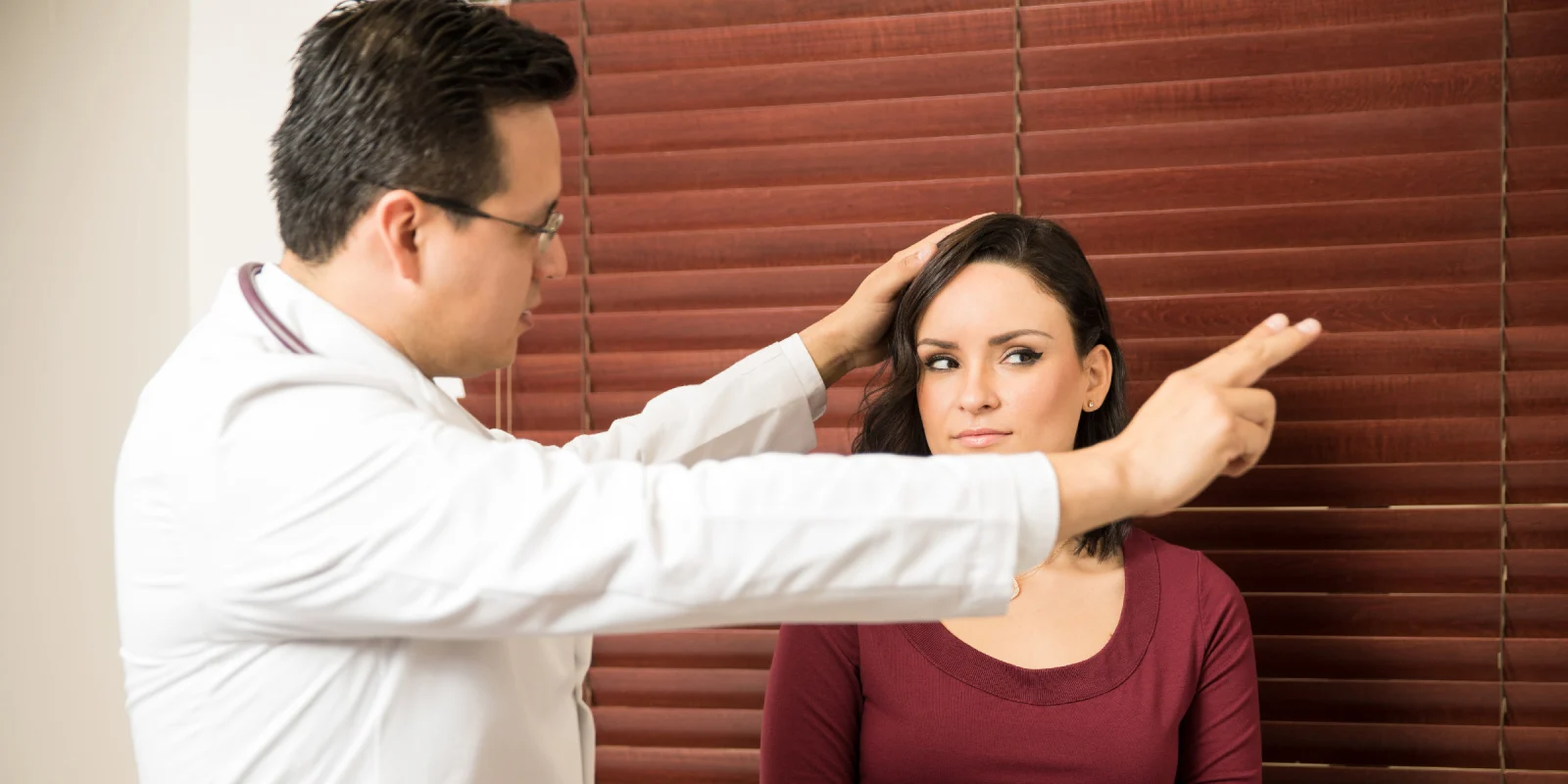A talk with Dr. Steven Galetta about AAN presentation Where is the vision? The importance of visual outcomes in neurological disorders
What should attendees be listening for in your presentation?
In my talk, we will demonstrate the value of incorporating vision into the diagnostic assessment of concussion and MS based on research done over the past two decades by my trainees and others. The main take home points are:
1. You may miss the therapeutic effect by not having vision incorporated as an endpoint.
2. You may inappropriately conclude that a disorder is benign by not having a visual outcome.
3. Early visual signs may predict future outcome and may determine the best therapeutic option at onset.
4. Subclinical visual disease is common in a variety of neurological disorders including MS and Concussion.
What do you hope attendees come away with from your presentation?
I hope that they take away the importance of assessing vision in neurological disorders and how visual impairment may impact the diagnosis and treatment of their patients.
What sessions are you personally looking forward to listening to and sitting in on?
I’m very interested in topics that confront neurology now and today, including health disparities, gender disparities and physician wellness. Solving these issues are critical to the success of our field and for the care of our patients. From a scientific point of view, I’m very interested in talks related to repair and protection of the nervous system. I think that is what the future holds. We have come a long way in ameliorating neurological disease and now it is time to turn our attention to those methodologies that hold promise in allowing neurological recovery. The past year has been dominated by COVID-19 and how it has affected the nervous system. So, I think that COVID-19 and its neurological complications will be another important focus at this meeting. What have learned this last year and how can we limit neurological complications going forward will be an important discussion.
What should attendees know about attending virtual conferences, and how can they get the most out of your session?
The great thing about a virtual session is that is flexible and can be done on your time and in the location of your choice. I think it is best to try to attend the session at the scheduled time, but that may not be always possible. I think question and answer sessions are particularly important this year because they will be done live and you might get some new gems that have occurred since the talk was taped. It is also an opportunity to interact with your colleagues. The biggest downside to a virtual meeting is the networking and spontaneous interactions with your friends are limited. I’m sure we all look forward to the ability to have the hybrid options that will be available in the coming year. However, I’m sure this meeting will bring a lot of highlights and memories.
Dr. Galetta has been a past consultant to Biogen and Genentech.







